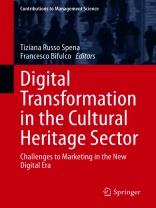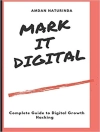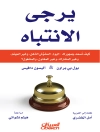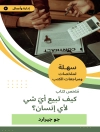This book devises an alternative conceptual framework to understand digital transformation in the cultural heritage sector. It achieves this by placing a high importance on the role of technology in the strategic process of modeling and developing cultural services in the digital era. The focus is on how marketing activities and customer processes are being transformed by digital technologies to create better value, which can also be communicated to customers through an engaged and personalized approach.
Much of the digital debate in cultural heritage is still in infancy. Some existing studies are anecdotal and often developed within the domain of established research streams, including studies with some technological aspects addressed partially and from an episodic or periodic perspective. Moreover, the critical changes that have emerged in the cultural management landscape are yet to be highlighted. This book fills that gap and provides a perspective on the cultural heritage sector, which uses the new social and technology landscape to describe the digital transformation in cultural heritage sectors. The authors highlight an inclusive perspective that addresses marketing strategy in the digital era as a proactive, technology-enabled process by which firms collaborate with customers to jointly create, communicate, deliver, and sustain experience and value co-creation.
Inhoudsopgave
1. Introduction.- Part I: Digital Transformation and Business Models.- 2. Future Internet and Digital Ecosystems.- 3. Digital Business Models.- 4. Value Propositions in Digital Transformation.- Part II: Customers’ Insights, Engagement and Analytics.- 5. Customer Insights and Consumer Profiling.- 6. Digital Engagement and Customer Experience.- 7. Business Intelligence and Social Media Analytics.- Part III: Context, Content and Communication.- 8. Proximity Marketing and Context-Information Awareness.- 9. Augmented Servicescape: Integrating Physical and Digital Reality.- 10. Digital Targeted Communication: An Integrated Approach.
Over de auteur
Tiziana Russo Spena is an Associate Professor of Management at the University of Naples Federico II (Italy). She is a member of the scientific council of RESER–The European Association for Research on Services. Her research focuses on service innovation, value co-creation, and service technology research. She has written many articles and books and published in Italian and international journals, including the Journal of Business Research, Industrial Marketing Management, Journal of Business Ethics, Journal of Service Theory and Practice, and Journal of Service Management.
Francesco Bifulco is a Full Professor in Management at the University of Naples Federico II (Italy), where he also coordinates the Master’s program in Cultural Heritage Management. His main areas of interest and publications span across innovation management, service innovation, and consumer behavior. He has also led national operative projects on hi-tech innovations about smart cities and cultural heritage.












